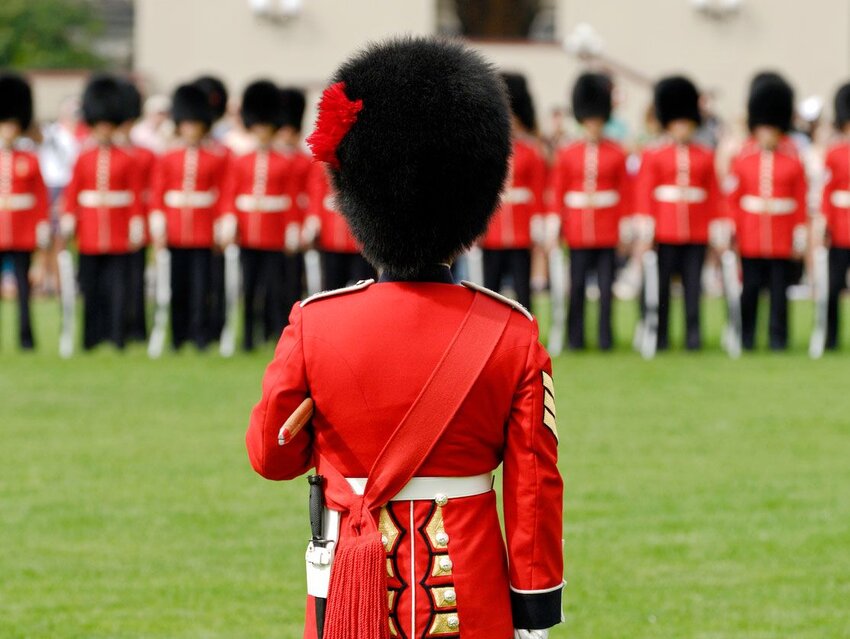George Bernard Shaw once remarked, “England and America are two countries separated by the same language.” The two dialects don’t just have different words (jumper vs. sweater) for everyday items, but the spellings also change, depending on what side of the pond you’re on. Let’s take a look at how we got these different spellings and the most common differences between U.K. and the U.S English.
British vs. American Dictionaries
Many of the spelling differences between modern British and American English are thanks to the early fathers of lexicography. Prior to the 1700s, there was no standardized spelling guide for English words, and various writers and publishers were left to their own creative devices when it came to writing out different words. A few attempts to standardize the language were undertaken on each side of the pond, resulting in several key inconsistencies.
Englishman Samuel Johnson published the Dictionary of the English Language in the mid-1700s, with the goal of preserving and standardizing the English language. He offered guidance on pronunciation and determined proper spellings. According to Johnson, "[O]ne great end of this undertaking is to fix the English language."
Over in the colonies, Noah Webster — of later Merriam-Webster fame — was a critic of the late 18th century school system and he took it upon himself to publish a few educational books, including A Grammatical Institute of the English Language. In his textbooks, Webster changed the spelling of some words (often disagreeing with Johnson) to reflect the colonial pronunciation and to use phonetic spelling. Some of his phonetic suggestions didn’t take: we still describe muscle pain as an “ache” instead of “ake” and eat “soup” on cold nights instead of “soop.” He printed A Compendious Dictionary of the American Language in 1806 to reflect the new American spelling of many of these words.
From these early dictionaries, both British and American English continued to grow and evolve. Today, though many words appear the same in both dialects, the spelling and usage can differ greatly.
Colour vs. Color
Perhaps the most notable difference in spelling is the “or” vs. “our” debate. Many English-speaking countries use the British spelling of “colour.” The “-our” is inspired by Old French. Webster, when creating an American English dictionary, wanted to distance American English from its British counterpart. He removed extra letters that didn’t affect the phonetics of the word. Webster’s choice gives us words such as “color,” “behavior” and “flavor” — all of which have an added “u” in British spelling.
Licence vs. License
In American English, “license” is a heteronym that can be used as both a noun and a verb, and the spelling will stay the same.
Example:
She just received her driver’s license.
She licensed the music for her YouTube channel..
The British English spelling, however, changes depending on the usage. When spelled with a “-ce” ending, it’s a noun. When it switches to “-se,” it becomes a verb.
Example:
James Bond has a licence to kill.
The event must be licensed by the town council.
Of course, American English still breaks its own rule sometimes. “Advice” is a noun meaning guidance and “advise” is a verb meaning to provide that guidance.
Travelled vs. Traveled
The double consonant is another signal of British English and appears when a writer adds a suffix to words that end in a vowel and a consonant.
Example:
She travelled to Ireland for holiday.
In contrast to “license/licence,” American English varies the spelling this time. The giveaway is in the pronunciation. With the emphasis on the first syllable, there is only one consonant before the suffix.
Example:
She traveled (TRA-veled) to Georgia for school break.
When the emphasis falls on the second half of the word, a double consonant shows up.
Example:
She dispelled the rumor she was leaving for good.
Thanks to Noah Webster’s determination, American English has grown into almost a separate language with unique spellings from British English. Are there any differences that stump you?
Featured image credit: Serega/ iStock

